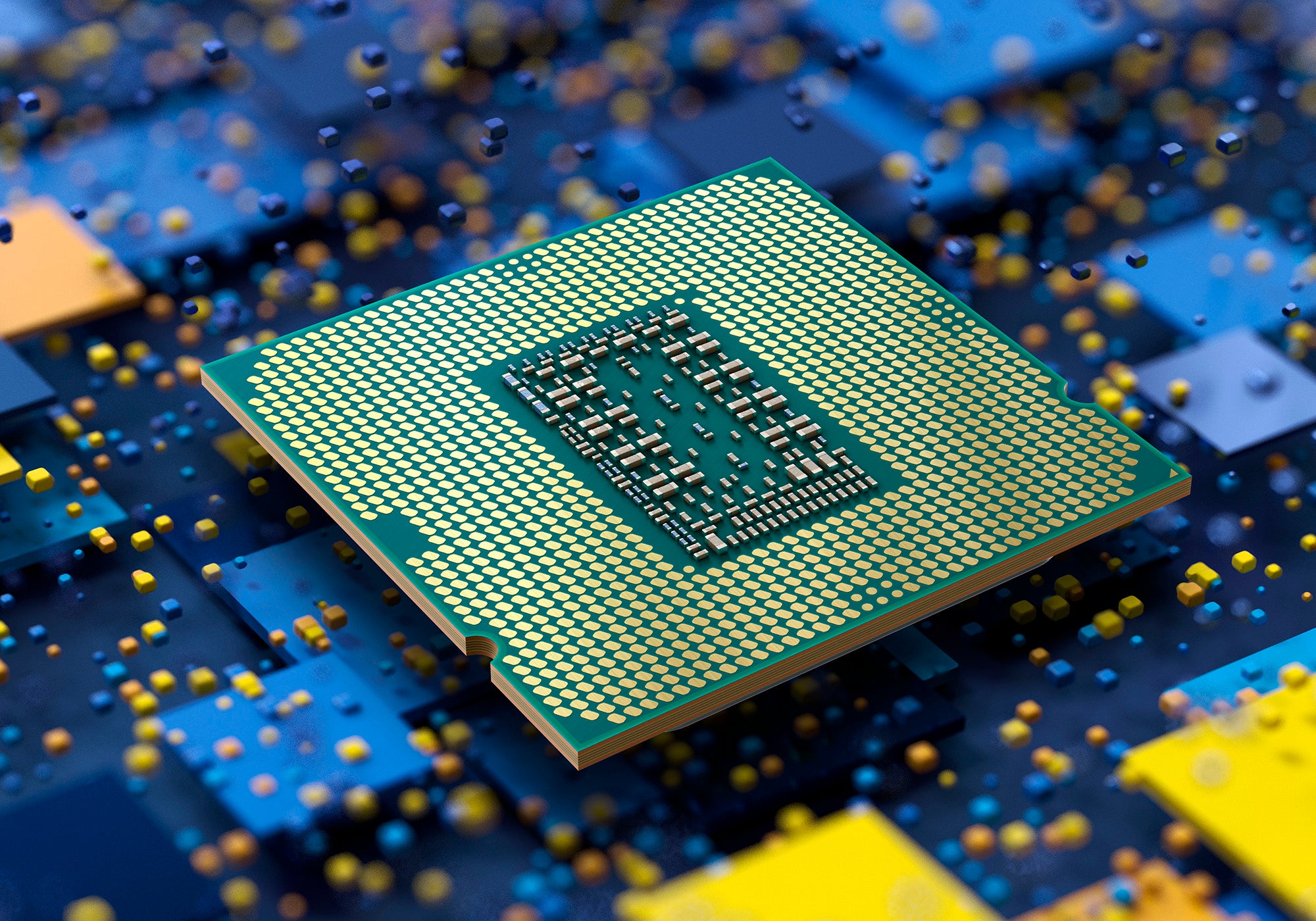What is ray tracing?
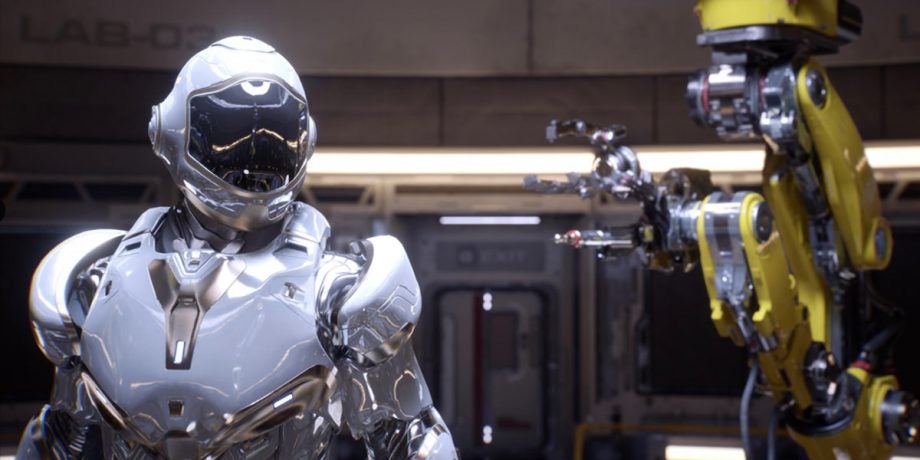
Ray tracing is starting to become a must-have feature for gamers, being supported on the latest graphics cards as well as high-end gaming consoles.
Since ray tracing has become more commonplace over time, we want to run through why it’s so important and how it can affect the visual quality of video games. If you do happen to already own the right hardware we’re also going to run through how you can get this feature up and running and which games are supported.
Without further ado, here is everything you need to know.
What is ray tracing?
Ray tracing is a light rendering technique that helps make games look more realistic, as it better emulates the way that light reflects and interacts in the real world, therefore making games more immersive.
It works by simulating realistic light rays and using an algorithm to trace the path it would take, which allows developers to better simulate how light bounces off objects and creates realistic shadows. This results in more realistic scenes, whether you’re looking at a character’s shadow, reflection in a mirror or sunlight shining down on the world.
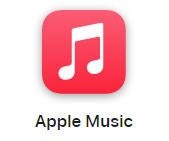
Apple Music
Apple Music gives you access to over 100 million songs and 30,000 playlists, ad-free. Listen online or off, across all your devices, and hear sound all around in Spatial Audio with dynamic head tracking. You can now try 1 month for free!
- Apple
- Get 1 month free
- £10.99 p/m
Which GPUs support ray tracing?
There’s a lot of gaming hardware that supports ray tracing now, including the PS5, Xbox Series X and Xbox Series S.
Nvidia’s most recent RTX 4000 Lovelace generation of graphics cards also supports ray tracing, with improved efficiency from the previous generation. This range is currently made up of the RTX 4060, RTX 4060 Ti, RTX 4070, RTX 4070 Ti, RTX 4080 and RTX 4090. The RTX 2000 and RTX 3000 generation of Nvidia GPUs support the technology too.
AMD also offers up ray tracing solutions, with the AMD Radeon 6000 series being the brand’s first attempt at implementing the technology. You can find support in several AMD cards, including the RX 6600 XT, RX 6700 XT, RX 6800, RX 6800 XT and RX 6900 XT, as well as the newer RX 7900 XTX, RX 7900 XT and RX 7600 cards.
But enabling GPU support for ray tracing is half the battle, as activating ray tracing is intensive on the GPU and so will cause a game’s framerate to plummet. Nvidia’s Lovelace GPUs have more efficient ray tracing hardware than the RTX 3000 Series, helping to mitigate this performance drop.
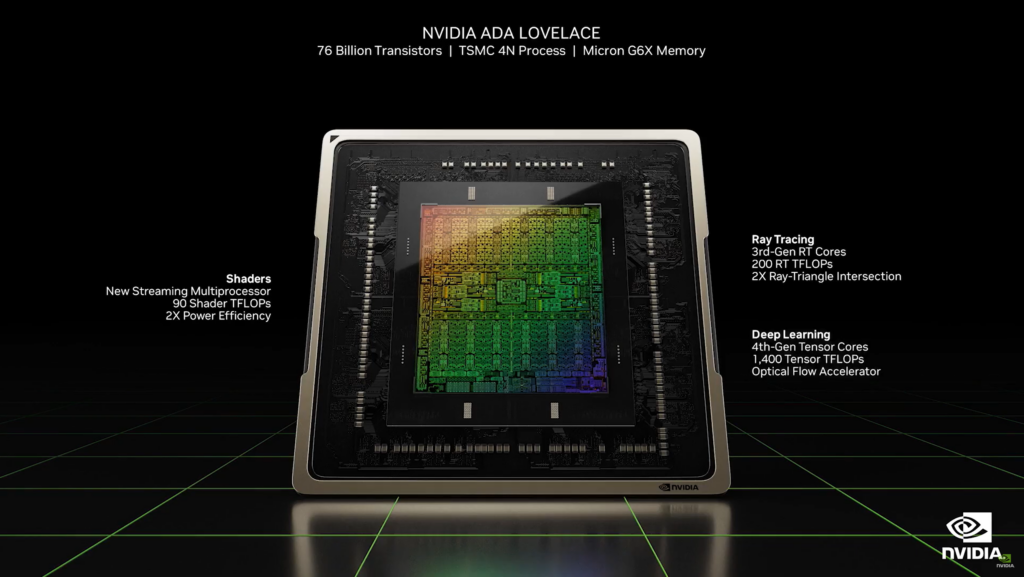
Nvidia improved its ray tracing abilities with 3rd-Gen RT Cores to boost efficiency. Combined with the latest DLSS 3 technology, this allows users to play games with ray tracing activated at high refresh rates, with top-end GPUs even making it possible to run ray tracing alongside a 4K resolution.
In our testing of the RTX 4090, we found that games like Cyberpunk 2077, F1 22 and A Plague Tale: Requiem performed fantastically in 4K with both ray tracing and DLSS enabled. While not every card in the RTX 4000 Series will be able to reach these heights, it proves that ray tracing is becoming more consistent and capable as the technology improves.
Do other devices support ray tracing?
You will be happy to hear that you don’t necessarily need a gaming laptop, PC or gaming console to experience ray tracing. Companies like Apple and Qualcomm have started to feature more ray tracing-related software inside their chips to help gamers experience more immersive gameplay on other devices.
The brand-new M3 family has introduced hardware-accelerated ray tracing and mesh shading to the MacBook Pro line for the first time, resulting in rendering speeds that are 2.5x faster than the M1 series of chips. Apple also claims that game developers can use ray tracing to create more accurate shadows and reflections in their games than they could using previous Apple hardware.
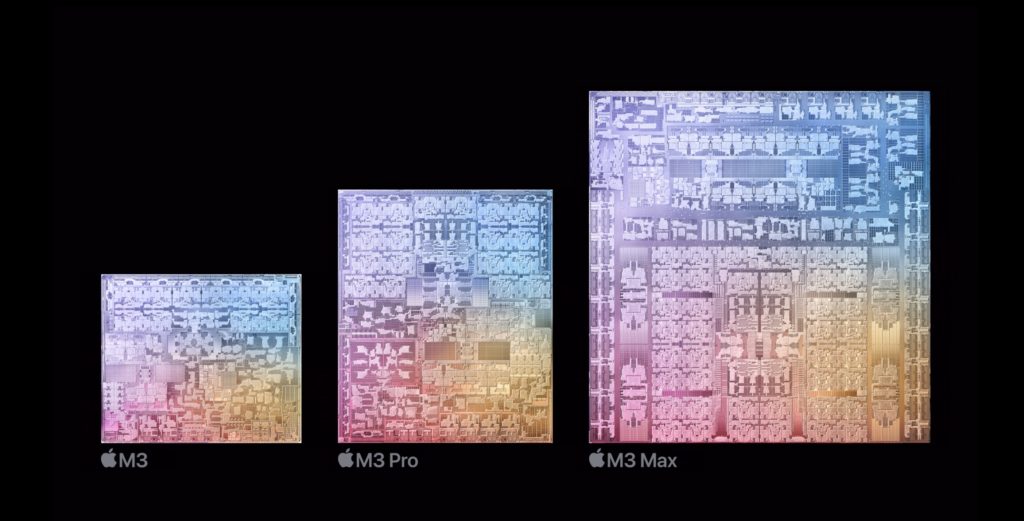
In terms of mobile gaming, the A17 Pro – which features in both the iPhone 15 Pro and Pro Max – also used hardware accelerated ray tracing. Apple claims that this is four times faster than software-based ray tracing and should deliver more fluid graphics and true-to-life lighting than the previous generation of Apple Silicon mobile chips, going so far as to call it the fastest ray tracing performance in a smartphone.
Qualcomm has also put a lot of emphasis on ray tracing in the next-generation Snapdragon 8 Gen 3 mobile chip. It uses the same hardware-accelerated ray tracing as Apple, with the company claiming that it improves lighting and shadows with a 1.5x boost overall.
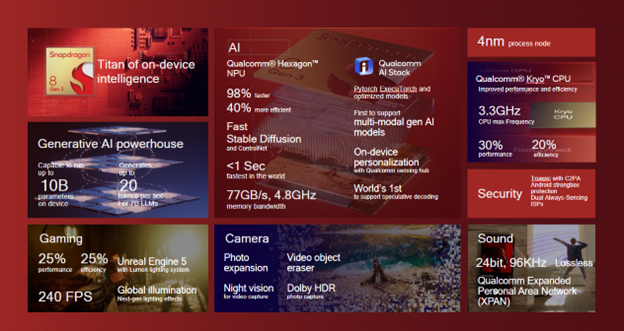
Is ray tracing worth it?
Ray tracing is continually improving since it first launched, with more games supporting the software than ever before.
GPUs that boast the technology are also becoming more affordable. The Nvidia GeForce RTX 4060 will be released in July and starts at £289, allowing for more gamers to take advantage of ray tracing without needing to break the bank.
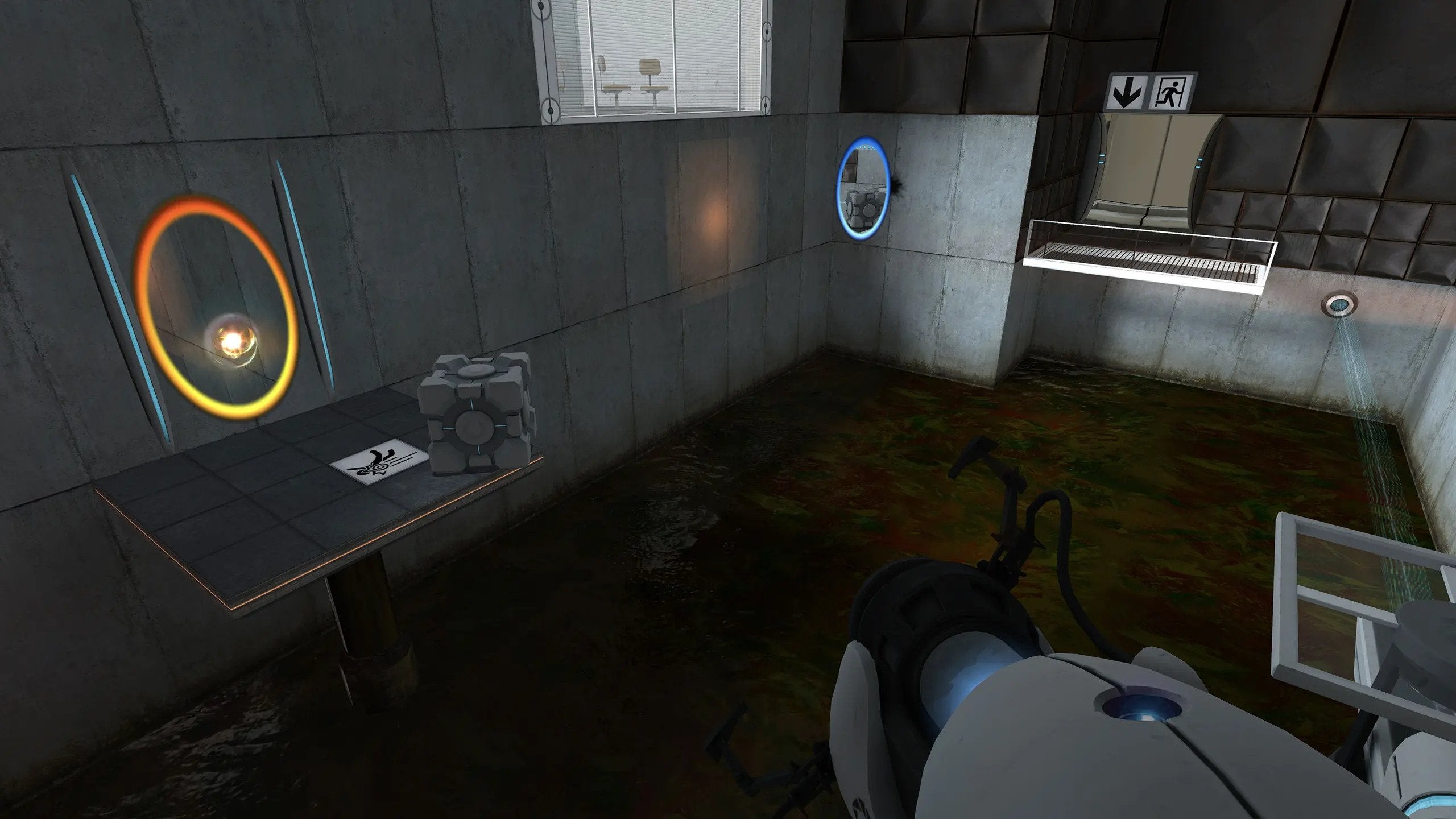
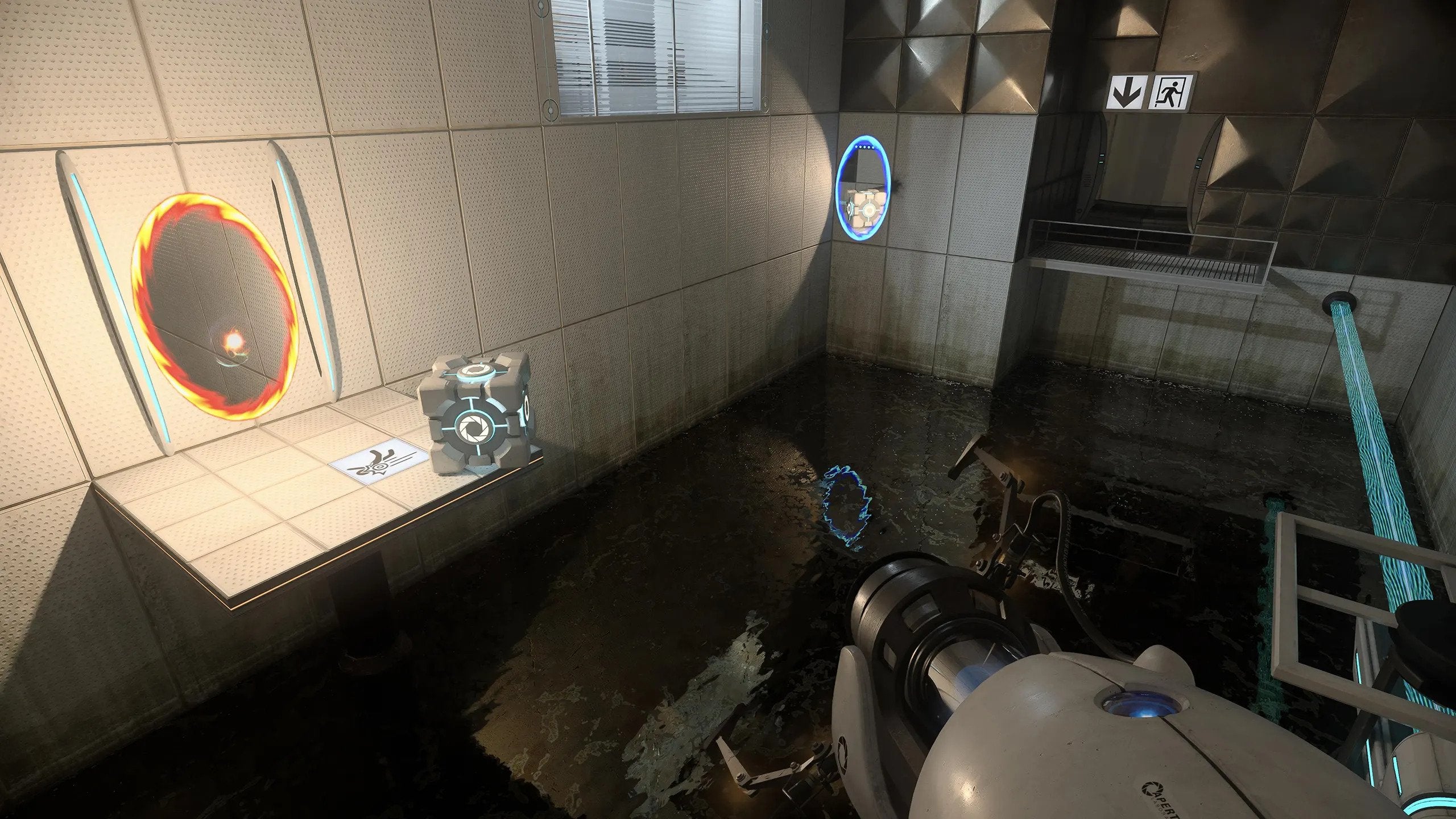
While the level of detail that ray tracing brings is impressive, it is also not essential for every game. The makers of Forza Horizon 5 specifically only implemented ray tracing in one section of the game, claiming that the benefit would be lost during the racing and would actually hinder the game’s performance and the quality of the visuals overall.
The PS5 and Xbox Series X consoles often give gamers the option to prioritise a high frame rate performance over ray tracing or vice versa, as it’s currently very difficult for these consoles to offer both the advanced light rendering and a smooth frame rate performance simultaneously.
If you’re on PC, we suggest that those who are curious about ray tracing should check out their own internals and see if their current setup is viable. You can also check out our best GPU roundup to get an idea of what options are currently on the market.
Which games support ray tracing?
More games than ever now support ray tracing technology, with both AMD and Nvidia having solutions as well as mainstream consoles. Not every PC or console game will support the technology though, with some games also only allowing the feature in certain modes or sections of a game.
The list of PC games that support ray tracing is as follows:
- A Plague Tale: Requiem
- Amid Evil
- Battlefield V
- Battlefield 2042
- Bright Memory
- Bright Memory: Infinite
- Call Of Duty: Black Ops Cold War
- Call of Duty: Modern Warfare (2019)
- Chernobylite
- Chorus
- Control
- Crysis Remastered
- Crysis Remastered Trilogy
- Cyberpunk 2077
- Dead Space (2023)
- Deathloop
- Deliver Us The Moon
- Dirt 5
- Doom Eternal
- Dying Light 2
- Elden Ring
- Everspace 2
- F1 2021
- F1 22
- Far Cry 6
- FIST: Forged In Shadow Torch
- Five Nights At Freddy’s: Security Breach
- Forspoken
- Fortnite
- Forza Horizon 5
- Ghostrunner
- Ghostwire: Tokyo
- Gotham Knights
- Godfall
- Gripper
- Halo Infinite
- Hell Pie
- Hello Neighbor 2
- Hitman: World of Assassination
- Industria
- Icarus
- Jurassic World Evolution 2
- Justice
- JX Online 3
- Lego: Builder’s Journey
- Life is Strange: True Colors
- Loopmancer
- Martha is Dead
- Marvel’s Guardians of the Galaxy
- Marvel’s Midnight Suns
- Marvel’s Spider-Man Remastered
- Marvel’s Spider-Man: Miles Morales
- Mechwarrior V: Mercenaries
- Metro Exodus / Metro Exodus Enhanced Edition
- Minecraft (Bedrock Edition)
- Moonlight Blade
- Mortal Shell
- Myst
- Observer: System Redux
- Paradise Killer
- Portal with RTX
- Pumpkin Jack
- Quake II RTX
- Resident Evil 2
- Resident Evil 3
- Resident Evil 4
- Resident Evil 7
- Resident Evil Village
- Returnal
- Raji: An Ancient Epic
- Ring Of Elysium
- Sackboy: A Big Adventure
- Saints Row
- Severed Steel
- Shadow of the Tomb Raider
- Star Wars Jedi: Survivor
- Stay in the Light
- Steelrising
- Sword and Fairy 7
- The Ascent
- The Fabled Woods
- The Medium
- The Persistence
- The Riftbreaker
- The Witcher III: Wild Hunt – Game of the Year Edition
- Turbo Sloths
- Watch Dogs Legion
- Warhammer 40,000: Darktide
- Wolfenstein: Youngblood
- World Of Warcraft: Shadowlands
- Wrench
- Xuan-Yuan Sword VII
- Voidtrain
While this is not a conclusive list of all the PC games that support ray tracing, the number is high and still growing, which may be enough of an incentive for some gamers.
For console gamers, here is the list of all the PS5 games that support ray tracing:
- Astro’s Playroom
- Bright Memory: Infinite
- Call of Duty: Black Ops Cold War
- Call of Duty: Modern Warfare 2
- Chorus
- Control: Ultimate Edition
- Cyberpunk 2077
- Deathloop
- Deliver Us The Moon
- Devil May Cry 5: Special Edition
- Dirt 5
- Doom Eternal
- Dying Light 2: Stay Human
- Elden Ring
- F1 21
- F1 22
- Forspoken
- Fortnite
- Ghostrunner
- Ghostwire: Tokyo
- Gran Turismo 7
- Grand Theft Auto 5
- Hogwarts Legacy
- Little Nightmares 2
- Maneater
- Marvel’s Guardians of the Galaxy
- Marvel’s Spider-Man: Remastered
- Marvel’s Spider-Man: Miles Morales
- Metro Exodus
- NBA 2K21
- Observer: System Redux
- Ratchet & Clank: Rift Apart
- Resident Evil 2
- Resident Evil 3
- Resident Evil 4
- Resident Evil 7
- Resident Evil Village
- Ride 4
- Star Wars Jedi: Survivor
- The Callisto Protocol
- The Witcher 3: Wildhunt
- Quantum Error
- Watch Dogs Legion
And here are all the Xbox Series X/S games:
- Bright
- Bright Memory: Infinite
- Call of Duty: Black Ops Cold War
- Call of the Sea
- Chorus: Rise as One
- Control: Ultimate Edition
- Chernobylite
- Cyberpunk 2077
- Deliver Us The Moon
- Devil May Cry 5 Special Edition
- DOOM Eternal
- Enlisted
- F1 22
- Fortnite
- Forza Motorsport
- Gears 5
- Ghostrunner
- Grand Theft Auto V
- Guardians of the Galaxy
- Hellblade: Senua’s Sacrifice
- Hitman 3
- Star Wars Jedi: Survivor
- Maneater
- Metro Exodus: Enhanced Edition
- Minecraft
- NARAKA: BLADEPOINT
- NBA 2K22
- Observer: System Redux
- Poker Club
- Resident Evil 2
- Resident Evil 3
- Resident Evil 7
- Resident Evil Village
- RIDE 4
- S.T.A.L.K.E.R. 2
- The Medium
- Watch Dogs Legion


